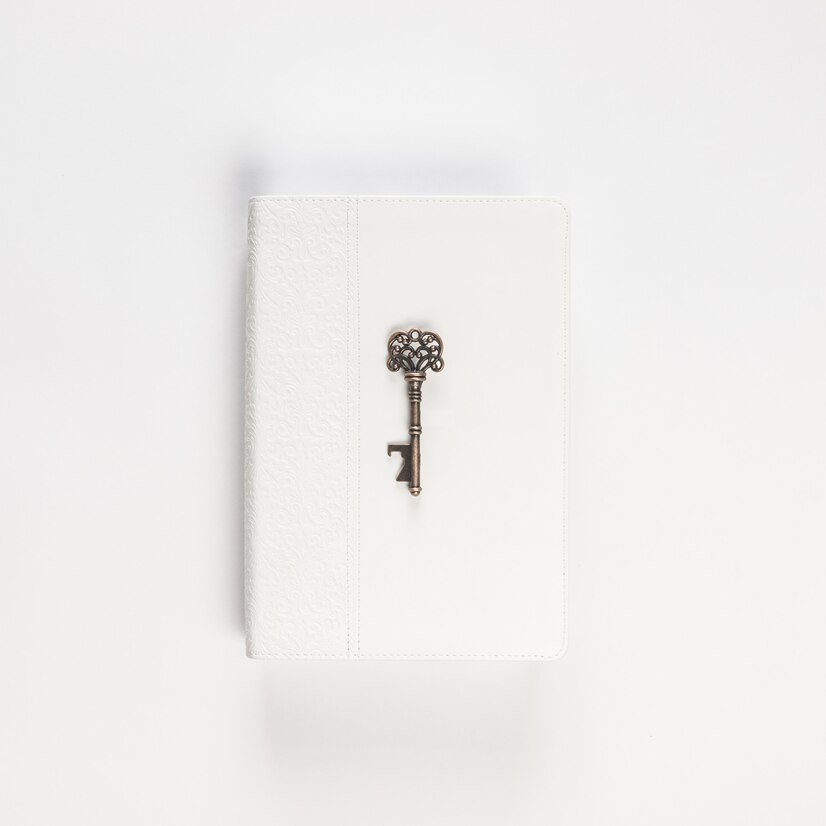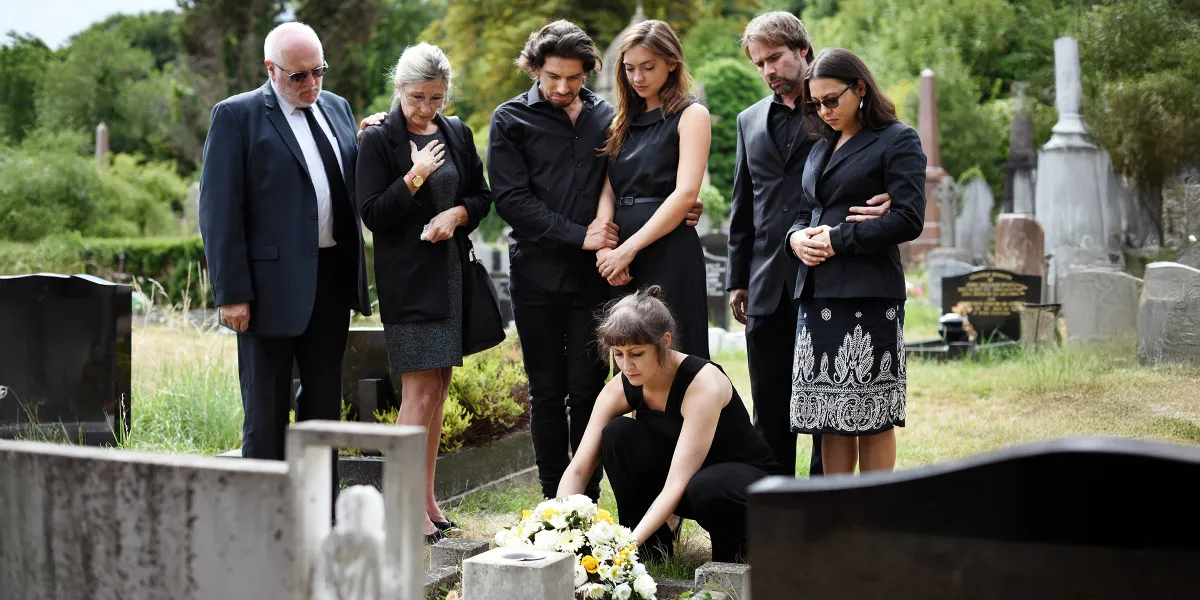I grew up thinking my father left me at three and never looked back. My mother’s sharp words convinced me he didn’t care. But at his funeral, a small key led me to a truth that changed how I saw him—and myself.
My father was a ghost in my childhood. No calls, no visits, no sign he existed. My mother shut down any questions. “He walked out. That’s it,” she’d say, her voice cold. I learned to stop asking. But when I was seven, I found a birthday card in the trash, my name in neat handwriting. “Is this from Dad?” I asked, holding it up. Her face tightened. “Throw it out,” she said. “He’s not your father anymore.” I wanted to open it, but her anger stopped me.

At 12, I tried again. “Why did he leave?” I asked over dinner. She didn’t look up. “He didn’t want us. Forget him.” I asked if he was bad, but she just snapped, “Drop it.” So I did, building a life without him. Then, one day, my phone rang with an unknown number. I hesitated but answered. “Is this Ava Thompson?” a woman asked softly. “I’m Rachel, your father’s wife. He passed away last week.” My heart sank. She mentioned a funeral, adding, “He’d want you there.”
I sat in my car outside the church, unsure if I belonged. Finally, I slipped into a back pew, surrounded by strangers. After the service, a woman with red eyes approached. “Ava? I’m Rachel,” she said. “Thank you for coming.” I nodded, feeling lost. Then she handed me a small key. “He left something for you,” she said. My hands shook as I followed her to a lawyer’s office, where the air smelled of old books.
The lawyer opened a file. “Your father, Steven, left you a trust fund, a letter, and a safe,” he said. I stared. “He thought of me?” I asked. The safe opened with my key, revealing court papers showing he’d fought for visitation. “Your mother blocked him,” the lawyer said. “She was hurt he married her friend after the divorce.” There were letters, cards, packages—all sent to me, all returned. “He never stopped,” Rachel said softly.
I opened his letter, my eyes blurring. “For the life I couldn’t share with you,” it read. “I always loved you.” Tears fell as Rachel led me to their home, opening a door to a room filled with my life—school photos, my old essays, a ribbon from a track meet. “He called this his hope room,” she said. A dried flower from my graduation hung on the wall. “He was there,” she said. “Watching quietly.”
I sat on the bed, holding a card, my anger turning to grief for what we’d missed. I started seeing Rachel weekly, sharing tea and small talk at first. Then she told me about him—his love for gardening, his goofy dances. Her kids, my half-siblings, welcomed me. “Dad always burned the toast,” my half-brother, Liam, laughed. Their stories filled the holes in my heart.
The pain didn’t disappear, but it eased. One day, Rachel said, “He was so proud of you.” I smiled, feeling his love wrap around me. For the first time, I knew I wasn’t alone.


